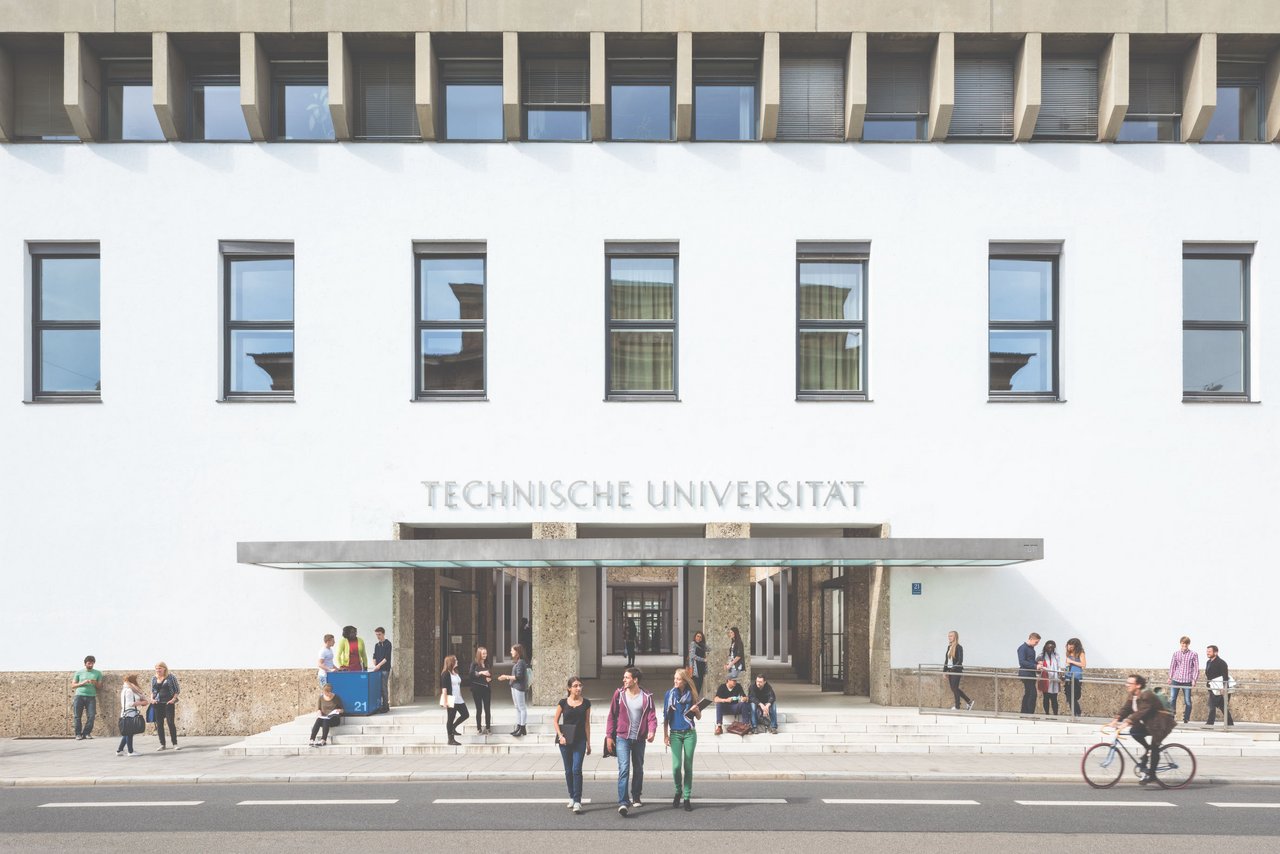Welcome to TUM.Mobility - Interdisciplinary research platform at the Technical University of Munich
Strategy for sustainable mobility at the Technical University of Munich within the framework of the TUM AGENDA 2030
Sustainable mobility is a vital issue for the future. Consequently, at the Technical University of Munich (TUM), the specialized field “Sustainable Mobility • Intelligent Traffic and Transport Systems” is a key component in the future concept TUM Agenda 2030, which is being implemented within the framework of the Excellence Strategy of the federal and state governments.
The Munich metropolitan region offers ideal conditions for a regionally anchored research and development network with a global reach capable of testing and implementing sustainable mobility on a sound scientific basis. This prosperous region with a high quality of life is an innovation ecosystem for shaping and developing mobility: It offers a unique constellation of innovative partners from the worlds of research, business and civil society. The research activities are also supported by public policy actors.
More than 40 research chairs at TUM are engaged in interdisciplinary research in the mobility of the future, with their efforts bundled in the TUM.Mobility research platform.
The goal is to take a holistic approach to global societal challenges in order to
- develop commercially viable innovations and promote the far-reaching economic transformation processes with the support of a young and creative community,
- work with the various user groups to facilitate fair access to mobility by all members of society and
- minimize traffic-related impacts on health and the environment.
The TUM.Mobility strategy builds on TUM's established excellence in research and teaching as well as its strengths in fundamental areas of science and engineering.
TUM.Mobility encompasses eight key topic areas:
- Urban mobility → Mobility behavior and system analysis
- Low carbon power systems → Electromobility and alternative fuels
- Autonomous driving → Artificial intelligence and human-machine interfaces
- Integrated transportation systems → Infrastructure and operation
- Urban development → Networking and design of mobility systems
- Data → Traffic modeling and simulation
- Mobile society → Governance and participation
- Management → Business models and entrepreneurship
